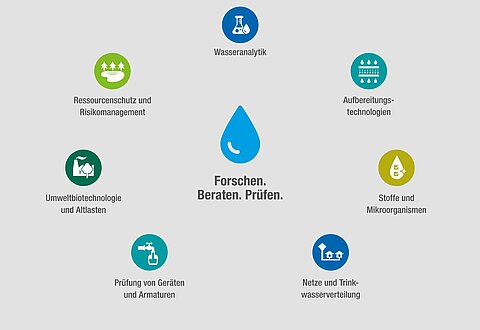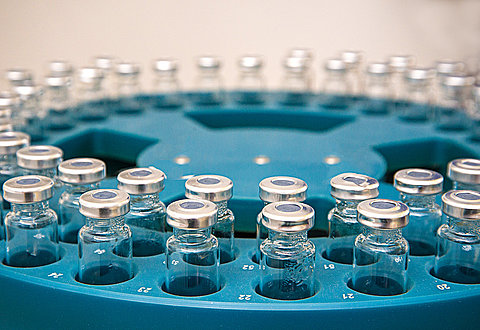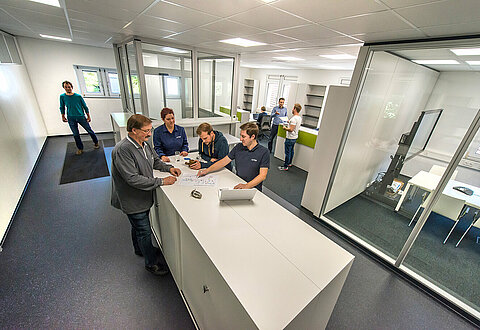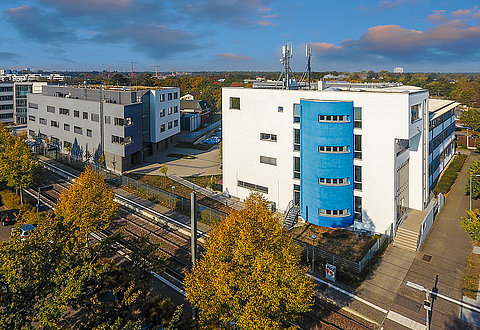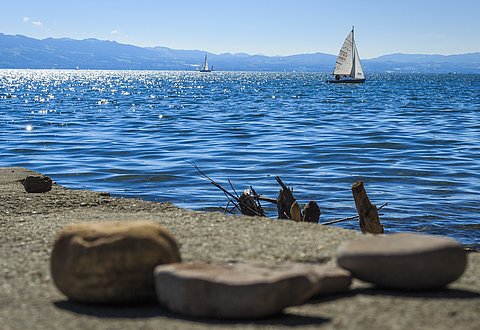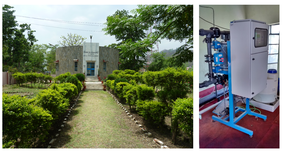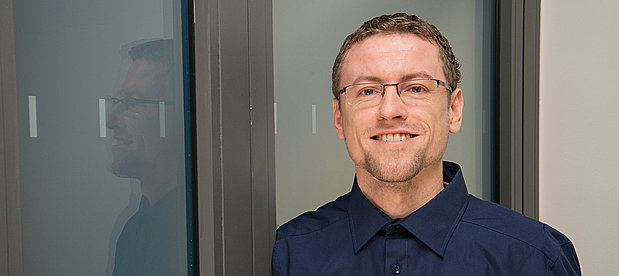The project NIRWINDU is an Indo-German research project targeted at the use of innovative methods to produce a flood-safe, sustainable drinking water supply using bank filtration in India. The work of TZW includes introducing electrolytic chlorine generation for the purposes of disinfecting the bank filtrate, and a system tailored to the conditions in India, to monitor water quality in order to optimise the disinfection.
In many Indian cities, drinking water is predominantly produced via surface water abstraction. Treatment is performed conventionally using flocculation, sedimentation, filtration and chlorination. However, the water catchment from the rivers is unstable because of very low flows in dry periods and extreme flows during the monsoon, which means the abstraction and treatment of surface water often breaks down due to frequent breaches of several drinking water parameter limits in the dry period, and flooding and high turbidity in monsoons. Introducing insufficiently treated waste waters to the surface water results in high contamination with pathogenic microorganisms, which are only partly removed during treatment.
R&D objectives:
1. Development of a concept for a year-round, flood-protected and energy-efficient drinking water extraction using bank filtration
2. Pilot trials for the use of electrolytic disinfection with chemical-microbiological controls that can be performed on site
3. Development, application and adaptation of a new, viable DOC analyser for the summarised recording of the total organic carbon directly on site
4. Set up of a monitoring system (early-warning system) for the continuous monitoring of inline disinfection
5. Creation and implementation of a concept for the online enrichment and analytical determination of organic indicator substances


![[Translate to English:] Prüfstelle-Produktprüfung_Teststand Test centre and product testing](/fileadmin/_processed_/0/9/csm_TZW-Karlsruhe_Pruefung_Geraete-Teststand_444204ae51.jpg)
















